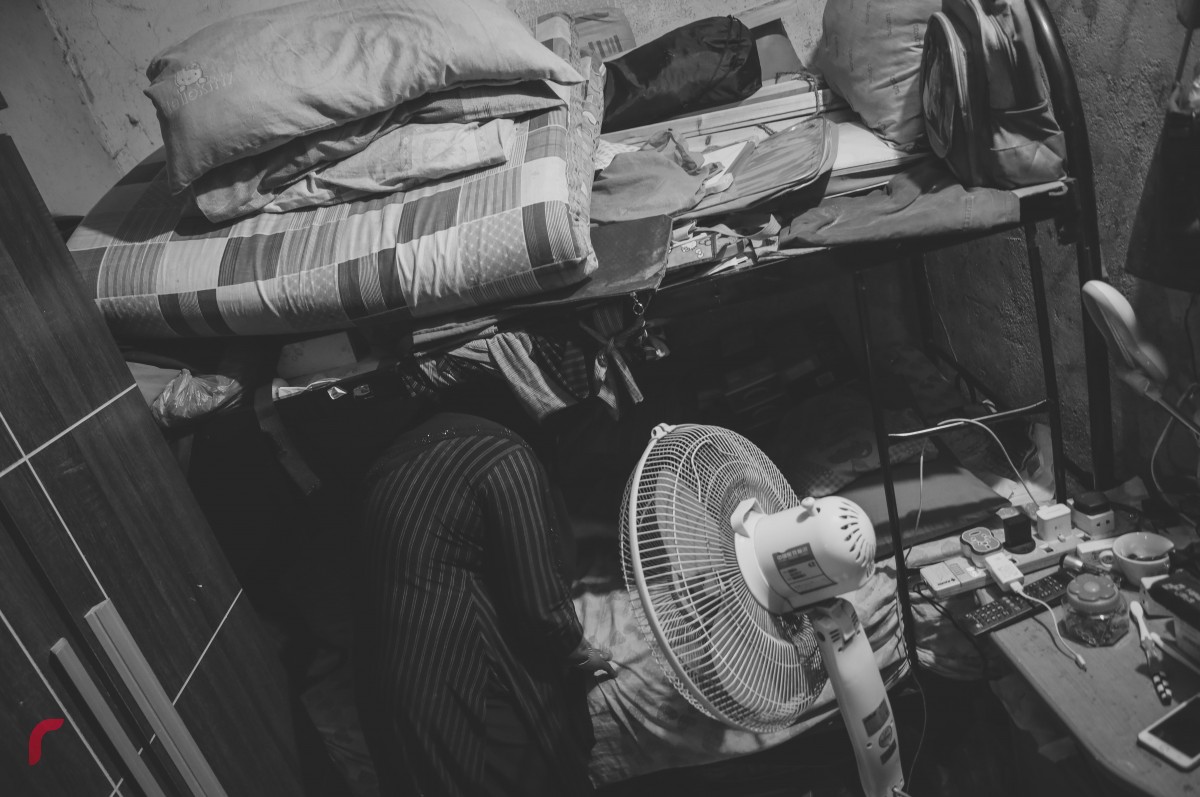This centralization of services and a lack of opportunity for employment elsewhere in the country has caused the demand for living space to skyrocket

Photograph showing a family of four living in a one-room space in capital city Malé
Housing is a pertinent topic for any land-sparse country. In the Maldives, it has become especially worrying given that the bulk of tertiary services available to the entirety of the nation’s population is set up in its densely populated capital.
This centralization of services and a lack of opportunity for employment elsewhere in the country has caused the demand for living space to skyrocket. Over the past four years, the median asking rent has increased rapidly for properties in capital city Malé.
This, while the cost of living has increased significantly and the average income remains nearly the same. Landlords in Malé are often criticized for unilaterally increasing the price of rent.
Perhaps it is this disparity that has caused the topic to re-enter the Maldivian political and social sphere with more vigour than ever witnessed before. It has caused welfarists to lobby for regulation of the rent market through legistlation.
Welfarists do have a point, the mechanism allowing land owners from profiting unjustly off a basic need such as housing should come to an end.
While a surface solution can be found in legislation, such as the English Landlord and Tenant Act, any attempts to control rent may be difficult to do. With property primarily being owned by the wealthy, such a legislation would be unpopular among influential individuals.
Further, with demands so high, it is likely that the law will be difficult to enforce as most tenants would be willing to make payments – off the books and undisclosed – that fugdes the law. It is likely that landlords will give preferance to tenants who are willing to come to such an agreements, serving to only aggravate the matter.
Even in the Great Britain, the aforesaid Landlord and Tenant Act, passed in 1709, has only been partly in force. The only seemingly practical way tackle the matter is to increase housing supply, which would be hindered if a law regulating the relationship between tenants and their landlords is set in place.
This is why the matter should be dealt with by policy makers. Rightfully, politicians from accross the local sphere have paid considerable lip service to it but its impact, even that of incumbent President Abdulla Yameen’s ‘Hiyaa’ housing scheme are yet to be seen, or an adequete study of the matter is yet to be conducted.